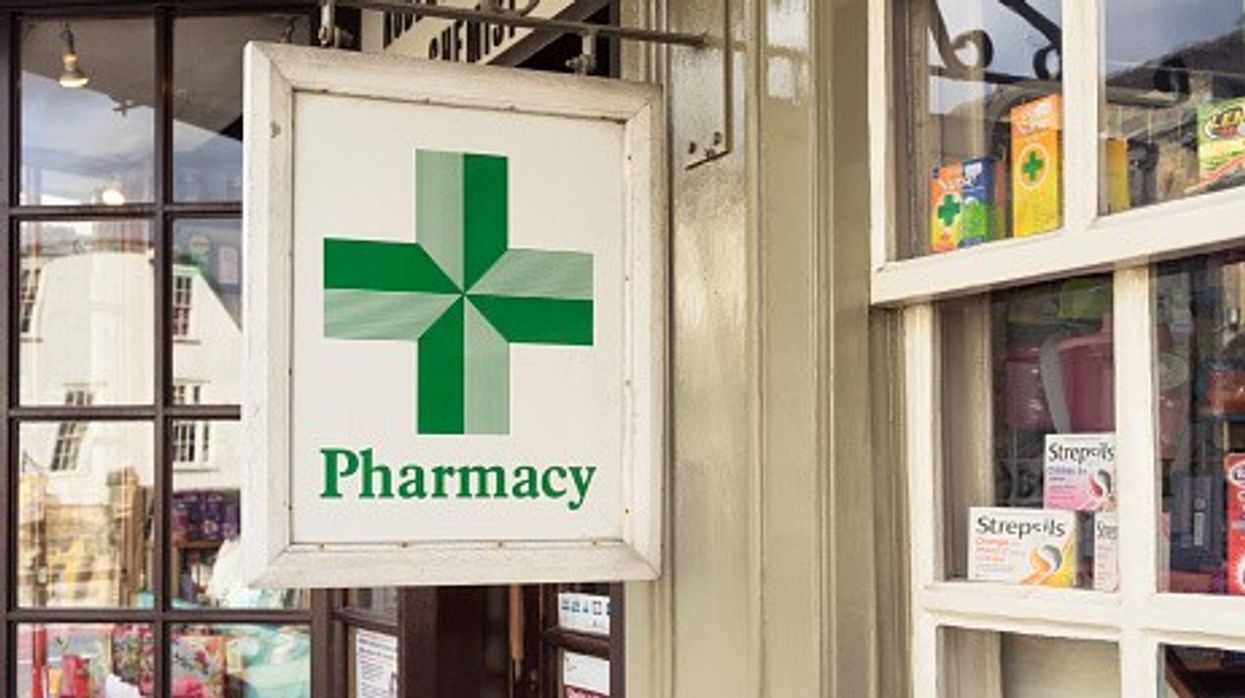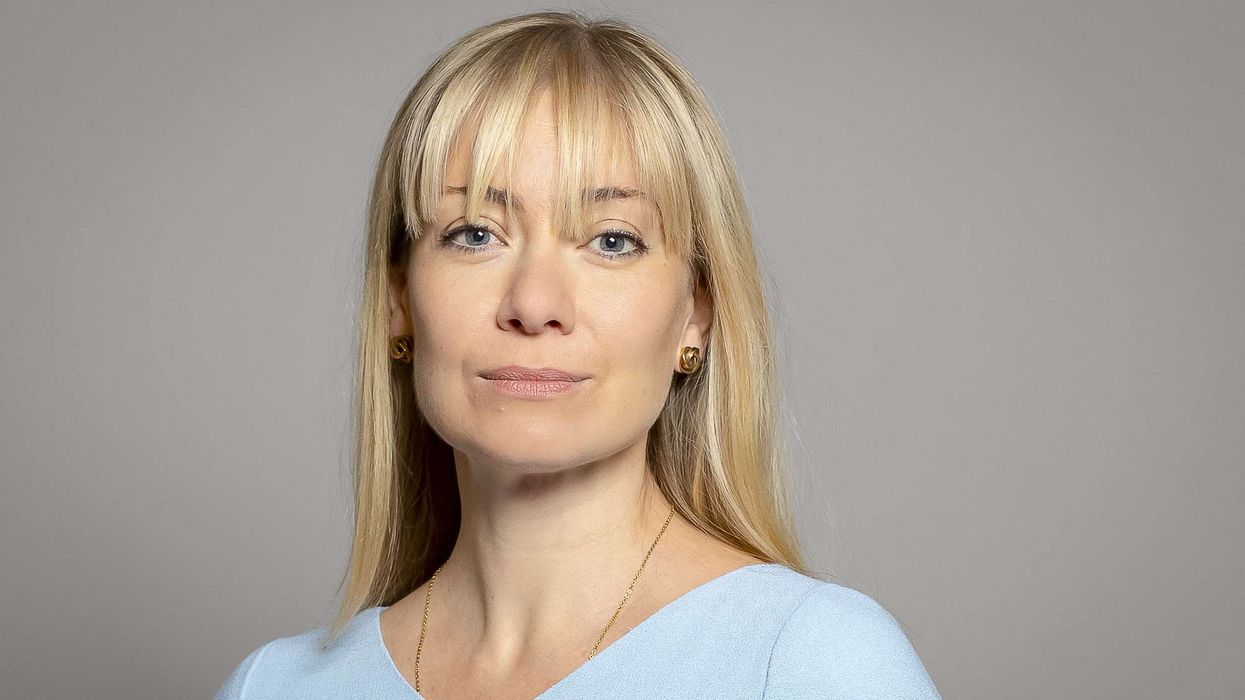Five UK medical scientists have criticised a British government plan to delay giving second doses of Covid-19 vaccines by up to 12 weeks, saying proven dosing schedules should not be altered “without solid scientific support or evidence”.
In an opinion piece published online in the British Medical Journal, the scientists said the plan was based on “assumptions” rather than scientific evidence or trial data. They also questioned the rationale behind prolonging the time between first and second doses.
The scientists from the universities of Nottingham, Manchester and De Montfort wrote that suggestions by officials on the government’s Joint Committee on Vaccines and Immunization (JCVI) that the delay strategy was due to shortages of Covid-19 shots in the UK were “disputed by vaccine manufacturers”.
“The JCVI advice ... to delay the second dose to between 4-12 weeks is not based on data from the trial, but on an assumption of what would have happened if the second dose hadn’t been given at 21 days,” they wrote in the BMJ.
“While assumptions can be useful for generating a hypothesis, alone they are not a sufficient reason to alter a known effective dosing regimen.”
Britain is currently rolling out two Covid-19 vaccines - one from Pfizer/BioNTech and another from AstraZeneca/Oxford - both recently approved for emergency use in the UK.
The JCVI last week proposed changing the approved dosing schedules by extending the time to the second booster dose, saying that “initially vaccinating a greater number of people with a single dose will prevent more deaths and hospitalisations than vaccinating a smaller number of people with two doses.”
The proposals have prompted similar considerations by other governments and generated fierce debate among scientists around the world.
The scientists writing in the BMJ, including Herb Sewell, a professor of immunology and consultant immunologist at the University of Nottingham, said maximising coverage “could come at increased risk to already high risk or priority groups”.
They urged the health authorities to continue allowing second doses of the Pfizer/BioNTech Covid-19 vaccine to be given at the approved 3 week interval at least until officials make the data on which their recommendation was based “publicly available for independent scientific review”.
Balance of risk
England’s Chief Medical Officer Chris Whitty said during a press briefing on Tuesday that there were unknowns in extending the gap between vaccine doses, and the chances of it leading to a new mutant of the virus were a real worry, but a small one.
Increasing the length of time between doses was a sensible balance of risk, he said.
However, the head of the World Health Organization’s immunization advisory group said on Tuesday that its recommendation for the Pfizer/BioNTech vaccine was two shots within a period of 21-28 days.
BioNTech and Pfizer warned on Monday they had no evidence their vaccine would continue to be protective if the second dose was given more than 21 days after the first.











